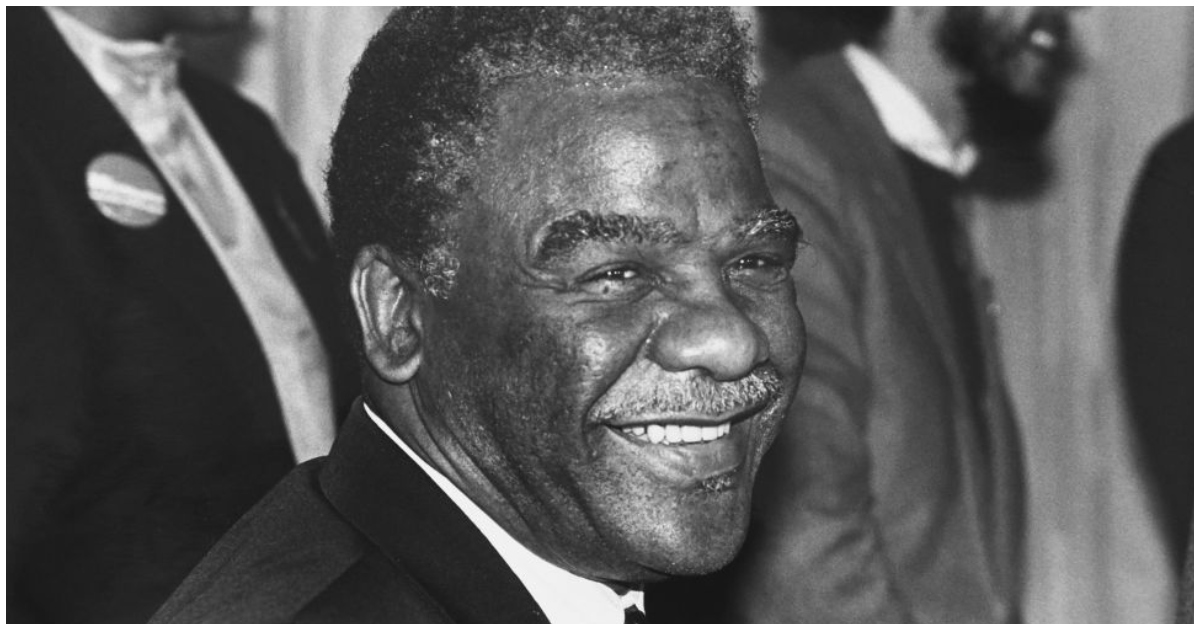Harold Lee Washington made history as Chicago’s first African American mayor in 1983. His groundbreaking election and tumultuous tenure reshaped the city’s political landscape and challenged longstanding racial barriers.
Washington’s victory marked a turning point in Chicago’s history. He overcame fierce opposition to win both the Democratic primary and general election, ultimately serving as mayor from 1983 until his untimely death in 1987.
A Rise from Chicago’s South Side to Political Prominence
Born in 1922 in Chicago’s Bronzeville neighborhood, Washington’s political journey began in the city’s 3rd Ward. He worked under Alderman Ralph Metcalfe, honing his skills and building connections within the Democratic Party.
Washington’s education at Roosevelt College (now Roosevelt University) proved pivotal. There, he embraced progressive ideals and developed his leadership skills as student council president.
After earning his law degree from Northwestern University, Washington entered the Illinois state legislature in 1965. He built a reputation as an independent voice, often clashing with the Democratic machine led by Mayor Richard J. Daley.
Breaking Barriers: The Historic 1983 Mayoral Campaign
Washington’s 1983 mayoral campaign galvanized Chicago’s Black community. A surge of new voter registrations helped propel him to victory in a hotly contested Democratic primary.
The general election against Republican Bernard Epton was marked by racial tension. Washington prevailed by a narrow margin, securing 51.7% of the vote to become Chicago’s first Black mayor.
“It’s our turn,” Washington declared in his victory speech, embodying the hopes of many African Americans long excluded from the city’s power structure.
Council Wars: Battling Entrenched Interests
Washington’s first term was defined by bitter conflict with the City Council majority, dubbed “Council Wars.” A bloc of 29 aldermen, led by Edward Vrdolyak, consistently opposed the mayor’s initiatives.
Despite the gridlock, Washington fought to implement his reform agenda. He worked to dismantle patronage systems and promote more equitable city services across Chicago’s diverse neighborhoods.
“The city that works should work for all of its citizens,” Washington often said, emphasizing his commitment to inclusivity and fairness.
A Legacy of Reform and Representation
Washington’s mayoralty opened doors for other Black politicians in Chicago. His coalition-building efforts brought together African Americans, Latinos, and progressive whites, reshaping the city’s political alliances.
Key achievements included:
- Passing the city’s first ethics ordinance
- Increasing minority participation in city contracts
- Advocating for affordable housing and community development
Washington’s sudden death in 1987, just months into his second term, cut short his vision for Chicago. However, his impact on the city’s politics and culture endures to this day.
Remembering a Political Pioneer
Harold Washington’s legacy as a trailblazer and reformer continues to inspire. He proved that Chicago’s entrenched political machine could be challenged and that the city’s diverse communities could unite for change.
“Chicago is one city. We shall work as one people for our common good and our common goals,” Washington once said, encapsulating his vision for a more inclusive and equitable Chicago.
Today, Washington is remembered not just as Chicago’s first Black mayor, but as a transformative figure who reshaped the city’s political landscape for generations to come.





